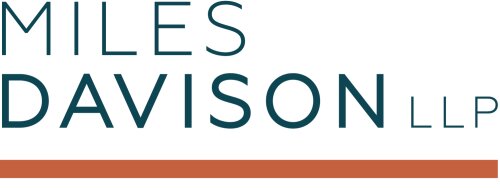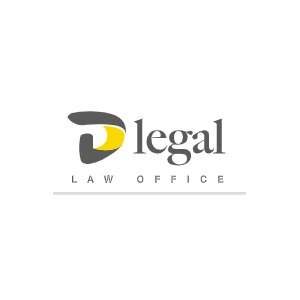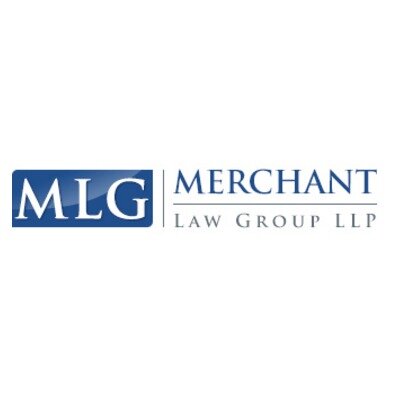Best Tax Lawyers in Calgary
Share your needs with us, get contacted by law firms.
Free. Takes 2 min.
List of the best lawyers in Calgary, Canada
About Tax Law in Calgary, Canada
Tax law in Calgary falls under the broad jurisdiction of both provincial (Alberta) and federal (Canada) taxation legislation. It accommodates the complex system of laws and regulations that govern how the government collects and administers taxes from individuals and businesses. In Calgary as with the rest of Canada, taxes may comprise of income tax, capital gains tax, corporate tax, GST/HST, property taxes, and international tax among others. The regulations are enforced by the Canada Revenue Agency (CRA) at a federal level and by Alberta Treasury Board and Finance at a provincial level.
Why You May Need a Lawyer
There are several situations where you may require the services of a tax lawyer. Firstly, if you need help with the preparation of estate and trust planning, which often requires a deep understanding of the tax laws. Secondly, if you're starting or buying a business, a tax lawyer can help you understand the tax implications. Thirdly, if you’re facing an audit by the CRA, a tax lawyer can represent you and defend your interests. Finally, if you are in a dispute with the CRA, a tax attorney can provide guidance and represent you in court if needed.
Local Laws Overview
Key aspects of the local tax laws in Calgary include Alberta's flat provincial income tax rate, GST/HST charged on most goods and services, and a corporate tax rate levied against companies' taxable income. It's also important to note that Calgary has one of the lowest property tax rates in Canada. Local residents are also obliged to pay taxes on property, recreational property, and non-residential property. Further, corporations and certain trusts must pay the Alberta corporate tax and taxes on insurance premiums.
Frequently Asked Questions
1. How much is the income tax rate in Calgary?
The income tax rate in Calgary is a flat 10% at the provincial level, and the federal level varies based on your earnings, starting at 15% for the first $49,020 of taxable income.
2. What is the corporate tax rate in Calgary?
The corporate tax rate in Alberta is 10%. For the federal, it's 15% for the base amount of taxable income.
3. How is property tax calculated in Calgary?
Property tax in Calgary is calculated by multiplying your property's assessed value by the annual tax rate, which varies depending on the type of property and its designated use.
4. What is the sales tax rate in Calgary?
Calgary does not have a provincial sales tax, but the General Sales Tax (GST) of 5% applies to most purchases.
5. Can a tax lawyer represent me in a court in Calgary?
Yes, tax lawyers are legally authorized to represent you in court, including tax issues at both the provincial and federal levels.
Additional Resources
For additional resources, the Canada Revenue Agency and Alberta Treasury Board and Finance provide comprehensive information about tax laws and regulations. Professional organizations like the Canadian Tax Foundation also offer resources and research tools.
Next Steps
If you need legal assistance with tax matters in Calgary, it's advisable to engage an experienced tax lawyer. They can guide you through the complexities of the tax system and protect your rights. Consult the Law Society of Alberta for a list of registered and certified tax lawyers in Calgary. You can contact the lawyers or law firms directly to start the consultation process. Always ensure you understand the terms of engagement and fees upfront prior to hiring any legal representation.
Lawzana helps you find the best lawyers and law firms in Calgary through a curated and pre-screened list of qualified legal professionals. Our platform offers rankings and detailed profiles of attorneys and law firms, allowing you to compare based on practice areas, including Tax, experience, and client feedback.
Each profile includes a description of the firm's areas of practice, client reviews, team members and partners, year of establishment, spoken languages, office locations, contact information, social media presence, and any published articles or resources. Most firms on our platform speak English and are experienced in both local and international legal matters.
Get a quote from top-rated law firms in Calgary, Canada — quickly, securely, and without unnecessary hassle.
Disclaimer:
The information provided on this page is for general informational purposes only and does not constitute legal advice. While we strive to ensure the accuracy and relevance of the content, legal information may change over time, and interpretations of the law can vary. You should always consult with a qualified legal professional for advice specific to your situation.
We disclaim all liability for actions taken or not taken based on the content of this page. If you believe any information is incorrect or outdated, please contact us, and we will review and update it where appropriate.















